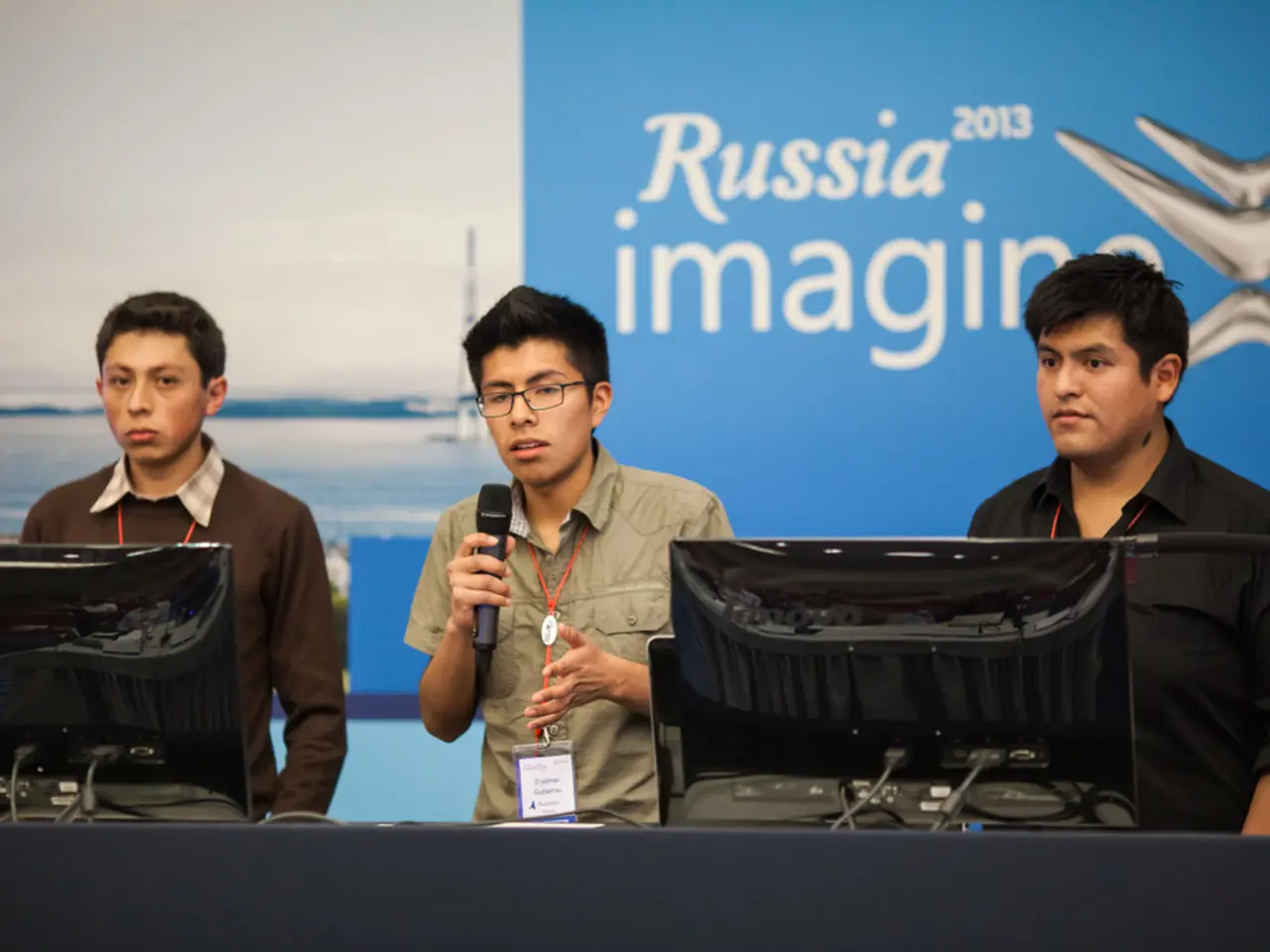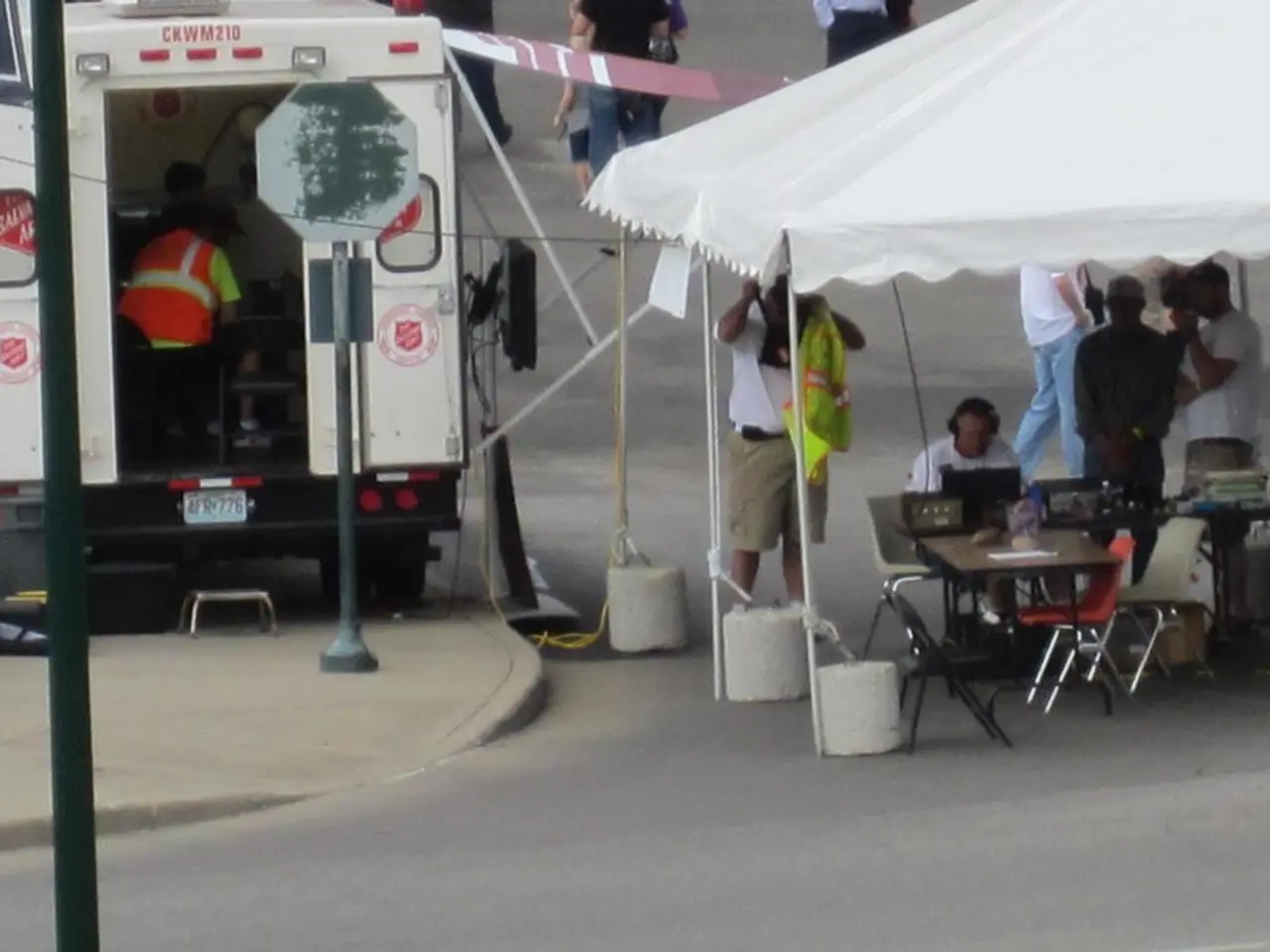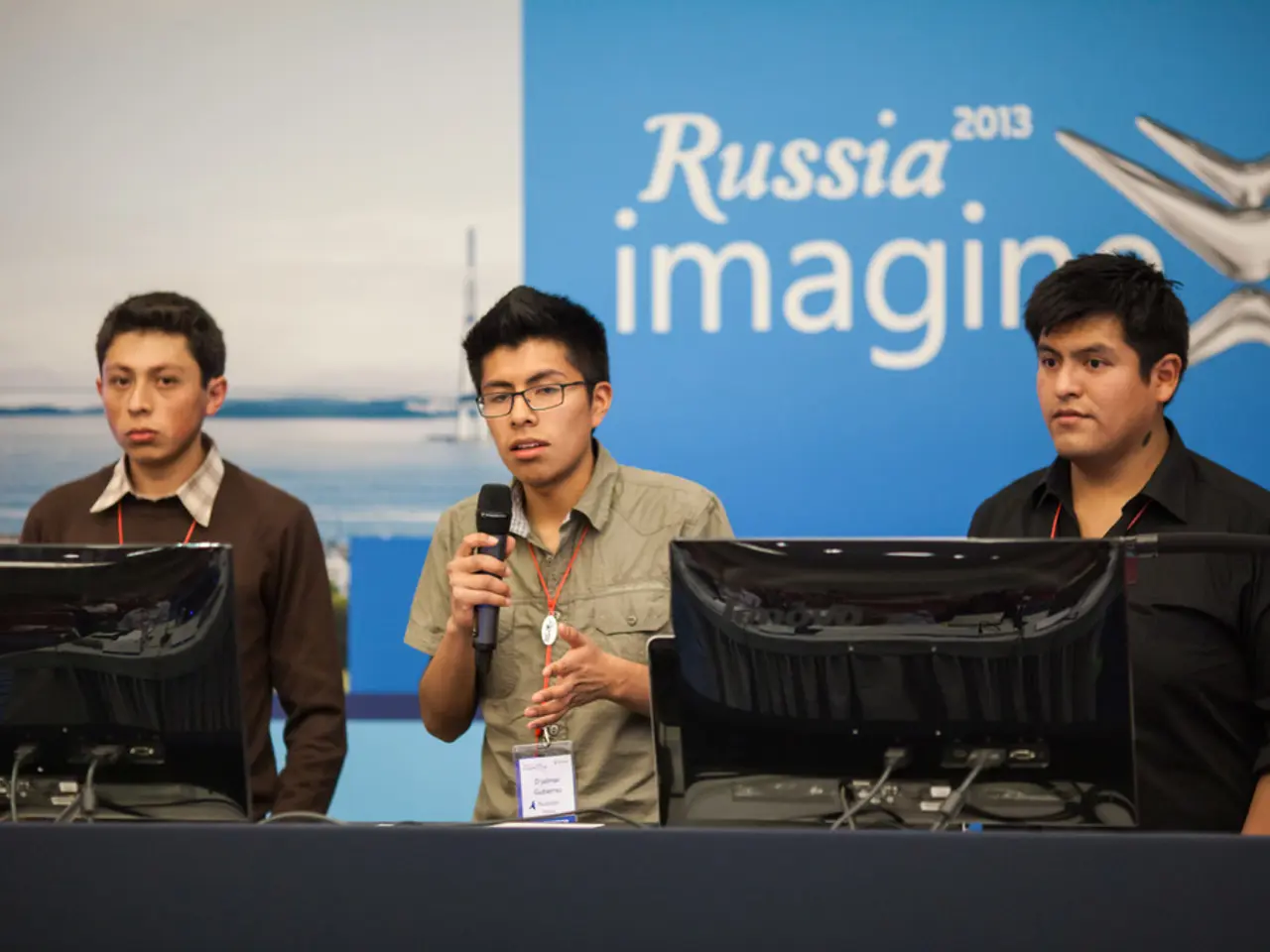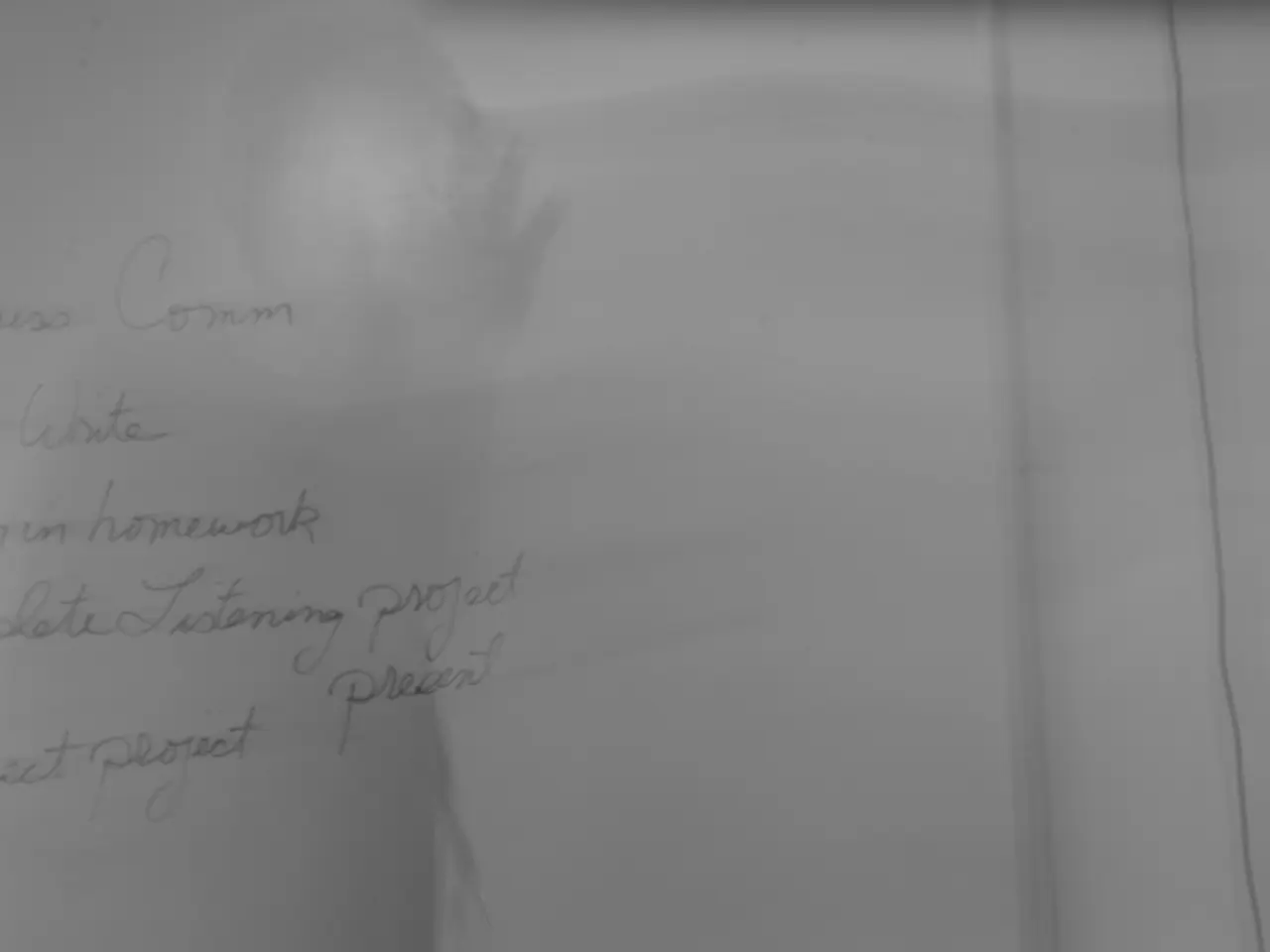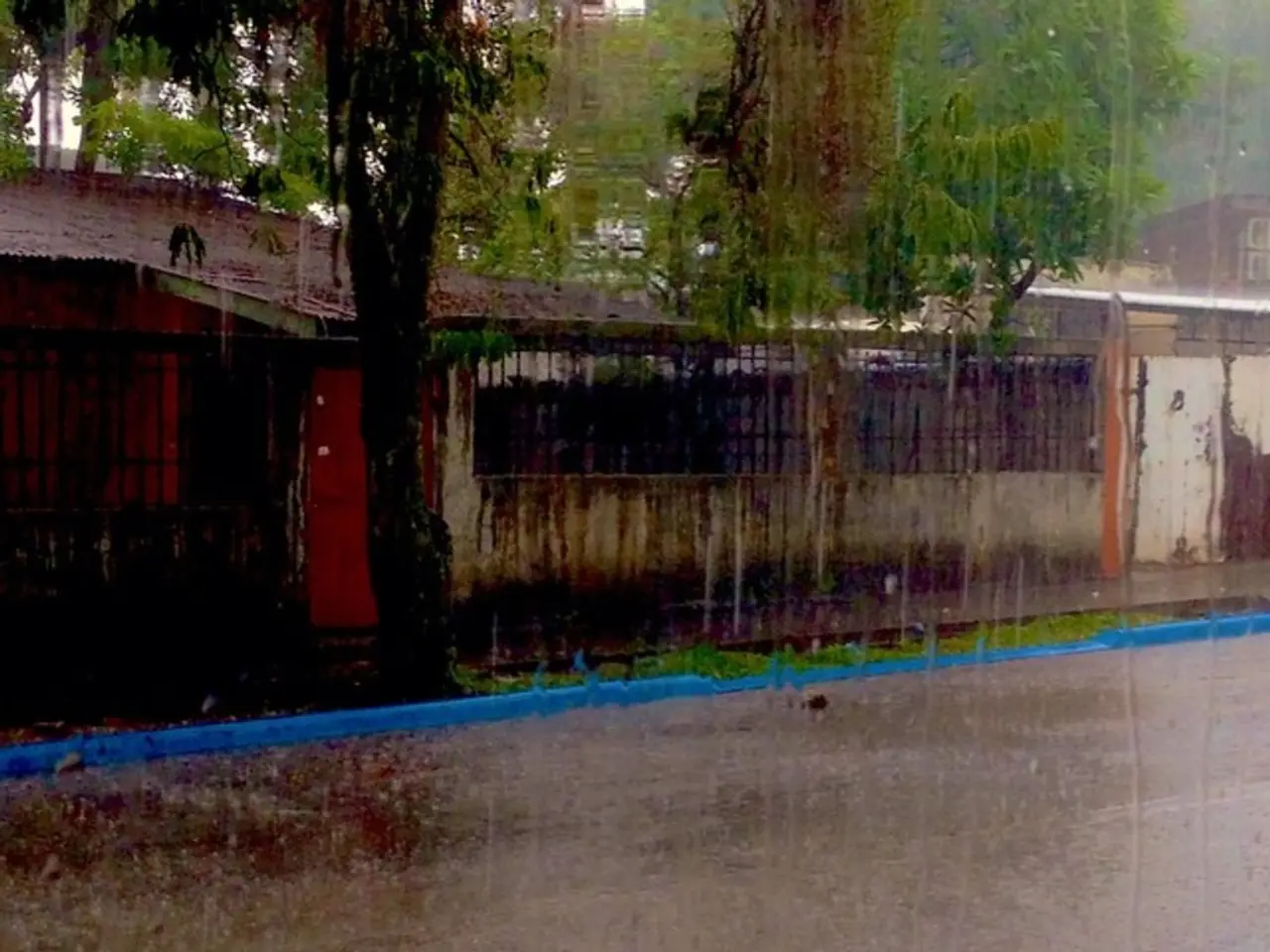Expectant Latvia aims for securing UN Security Council position
In the global arena, Latvia is gearing up for a significant milestone. The Eastern European nation has set its sights on a seat at the United Nations Security Council (UNSC) for the term 2026-2028.
The UNSC, comprising five permanent and ten elected members, plays a pivotal role in maintaining international peace and security. The elected members serve two-year terms, and the process is rigorous to ensure fair representation and legitimacy of the elected members.
The election process for temporary UNSC members takes place in the UN General Assembly. A candidate requires a two-thirds majority of votes from the member states present and voting to secure the seat. This process may involve multiple rounds if no candidate achieves the threshold in the first round.
Latvia's election requires 129 votes out of 193. The regional distribution of elected members is observed in the elections to maintain equitable geographic representation. In this case, Latvia falls under the Eastern European group, which has never had a permanent seat on the UNSC.
Interestingly, Latvia has decided not to seek the support of Russia, Belarus, North Korea, or Russia's allies. This decision comes amidst allegations that Russia has been attempting to distort the understanding of international law and the UN Charter.
Preparations for the role are already underway. Latvia will begin receiving UNSC documents on August 1, marking the beginning of its shadowing period. The actual operation of the UNSC will commence in January of next year.
It's worth noting that member states can submit candidates even after voting rounds begin, subject to the Assembly's rules and procedural decisions. The exact number of rounds is not fixed and depends on how quickly candidates reach the required majority.
The voting process aims to be thorough to ensure fair representation and legitimacy of elected members. A total of 191 out of 193 countries will have voting rights in this election.
As the election date approaches, Latvia's bid for the UNSC seat continues to generate interest and anticipation within the international community. The outcome of the election could mark a significant step forward for Latvia in its quest for a more prominent role in global affairs.
[1] United Nations. (n.d.). The Security Council. United Nations. https://www.un.org/en/sections/un-charter/the-security-council/
[3] United Nations. (n.d.). Election of Members to the Security Council. United Nations. https://www.un.org/en/sections/un-charter/election-members-security-council/
[5] United Nations. (n.d.). Election of Members to the Security Council - Rules of Procedure. United Nations. https://www.un.org/en/sections/un-charter/election-members-security-council-rules-procedure/
- The elections for United Nations Security Council (UNSC) members are an important part of global politics, as they determine the composition of the body responsible for maintaining international peace and security.
- Media outlets around the world are closely following Latvia's bid for a UNSC seat in the 2026-2028 term, as the Eastern European nation seeks fair representation and legitimacy among the ten elected members.
- Policy-and-legislation discussions surrounding migration and war-and-conflicts within the EU could have significant implications for Latvia's UNSC policy, given its role in maintaining international peace and security.
- As Latvia moves closer to the elections, the focus on general-news stories about the country's foreign relations and international standing is expected to increase, with potential impacts on public opinion and political decisions.
